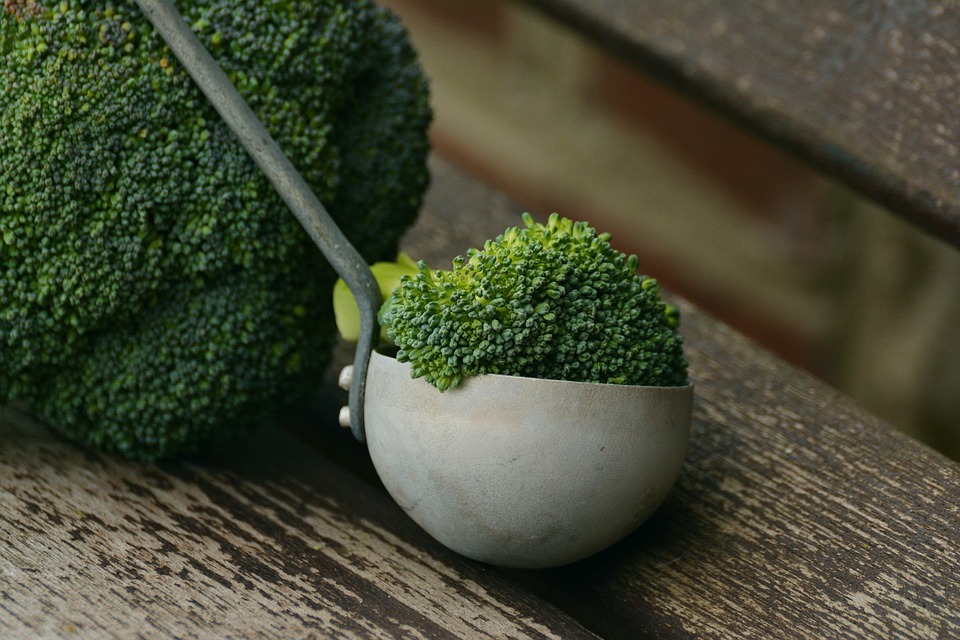
Food safety is vital, both at home and in a catering or food production setting. Food poisoning could make you or your family very ill for days, or it could end in a lawsuit and you losing your business. You should never take food safety lightly, so here are some tips to help you stay healthy and in business.
Watch your hands
Your hands are always touching surfaces, objects, utensils, other people, animals, bacteria, mould, viruses… These pathogens can easily be transferred onto other surfaces, your own clothes, or directly onto the food you’re preparing. Thankfully, not only do we have soap and water, but there’s also a huge range of disposable aprons and gloves to reduce cross-contamination. Washing your hands and wearing gloves is the best thing you can do, and you need to do this when:
- you’re going to prepare food;
- you’ve visited the toilet;
- you’ve touched animals, even if they’re pets;
- you’ve blown your nose, and
- you’ve handled raw meat, including fish and especially poultry.
How to handle raw meat
As you already know, raw meat is one of the major sources of dangerous bacteria like E coli and Salmonella. It should then, be kept separate from all other foods. You also need to:
- cleanse counters, knives, chopping boards and any other utensils that have been in contact with raw meat;
- perform hand hygiene;
- avoid using any utensil that’s touched raw meat until it’s been cleaned;
- cook meat all the way through and don’t put thawed-out meat back in the freezer unless you’ve cooked it;
- keep meat in the fridge at 4C or lower;
- defrost frozen meat in the fridge, not on a counter and
- keep raw meat on the bottom shelf of the fridge so no drips fall on food below (if you do see drips, clean them up ASAP).
Handling poultry, eggs and fish
Poultry, eggs and fish are prime sources of E. coli and Salmonella, so you should be especially careful with them:
- keep them in the fridge until you need them;
- perform hand hygiene after touching them;
- don’t eat or serve partially-cooked or raw eggs, and definitely don’t eat or serve rare poultry or fish;
- cook poultry until juices run clear, and
- cook fish until it’s opaque in the middle and flakes easily.
Handling fresh fruit and vegetables
Fruit and veg might seem safe but they can also carry bacteria and mould:
- avoid anything that’s slimy, mouldy, shrivelled or smells off;
- buy only what you need for the next few days, although some vegetables like pumpkins or fruit like lemons will keep for a while;
- try not to let fresh produce get bruised, as this invites mould and decay;
- place produce in the fridge promptly and discard anything that looks rotten or off, and
wash your hands before and after handling fresh produce and wash the produce itself with warm water (but not detergent as this can be absorbed into the skin of the produce and be eaten), using a soft brush to remove any caked-on dirt.





Leave a Comment